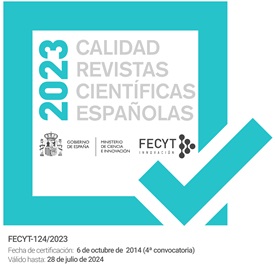Este artículo analiza el efecto del gasto público municipal sobre la probabilidad de reelección de los gobiernos locales españoles durante el período 2000–2007, utilizando la metodología logit para datos de panel. Los resultados obtenidos indican que, en general, aumentos en el gasto público municipal repercuten de forma positiva sobre las posibilidades de reelección de los gobiernos locales y, fundamentalmente, cuando este aumento se realiza en el período preelectoral. Asimismo, se aprecia que existen otras variables que afectan de forma positiva sobre las probabilidades de reelección, como son el volumen de ingresos por transferencias, que sean partidos de derechas, o el hecho de que un municipio haya obtenido mayoría absoluta en las elecciones previas. Por el contrario, el número de años que un alcalde lleva en el cargo presenta un impacto negativo sobre las probabilidades de reelección.
This paper analyzes the effect of public expenditure on the probability of reelection at local government level. We use data for Spanish municipalities during the period 2000–2007, and apply logit methodology for panel data. The results show that higher expenditure during the entire term increases the probability of local governments’ reelection, particularly when this expenditure is in the year prior to elections. Moreover, the results indicate that the level of grants received, conservative governments, and parties that obtained an absolute majority in previous elections are more likely to be reelected, while the number of years in office has a negative effect.






